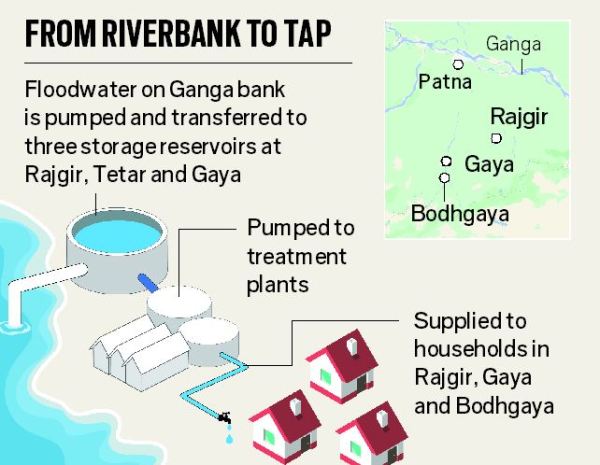Anti-pollution plans inadequate
2 min readPATNA: The Centre for Environment and Energy Development (CEED) on Friday questioned the credibility of the National Clean Air Programme’s (NCAP) concept note that was released by the Union ministry of environment, forest and climate change last month.
Addressing a press conference here, CEED chief executive officer (CEO) Ramapati Kumar said the concept note, seeking to reduce pollution by 50% in 100 cities across the country in five years, was “inadequate” and “limited”.
“Air pollution knows no boundaries. Of the 4,000 cities and towns in India, why has the focus been shifted to only 100? What about the rest of them?” asked Kumar.
The Union ministry of environment, forest and climate change has uploaded the NCAP’s concept note to its website and invited comments from various stakeholders by May 17.
According to CEED programme director Abhishek Pratap, the Central Pollution Control Board (CPCB) — the country’s apex pollution monitoring and control body — has identified at least 94 non-attainment cities that are guilty of flouting particulate matter norms.
“Surprisingly, not a single city of Bihar, where air pollution is an equally crucial problem, has been included in the list. While the NCAP will be implemented in 15 cities of neighbouring Uttar Pradesh, we will not avail the benefits of the national level programme. Did the CBCP not consult the Bihar State Pollution Control Board (BSPCB) while preparing the list?” Pratap asked and urged the state government to get in touch with the Centre immediately.
Kumar and Pratap also pointed out that the NCAP might not be able to handle the problem of air pollution with the “required urgency”. They said, “We have multiple laws, rules and regulations to control pollution, but most of them are poorly implemented.”
‘City needs 20 more monitoring stations’: CEED CEO Ramapati Kumar welcomed the clean air action plan envisaged by the BSPCB for reducing air pollution in Patna. It includes phasing out 15-year-old vehicles, introducing clean fuel and banning registration of diesel-driven autorickshaws. He, however, urged the government to increase the number of air quality monitoring stations in the state capital.
“For more accurate data, we need at least 20 monitoring stations in the city alone. Although it is a costly affair, low-cost indigenous monitoring stations can also serve the purpose,” said Kumar.
Courtesy: TNN


